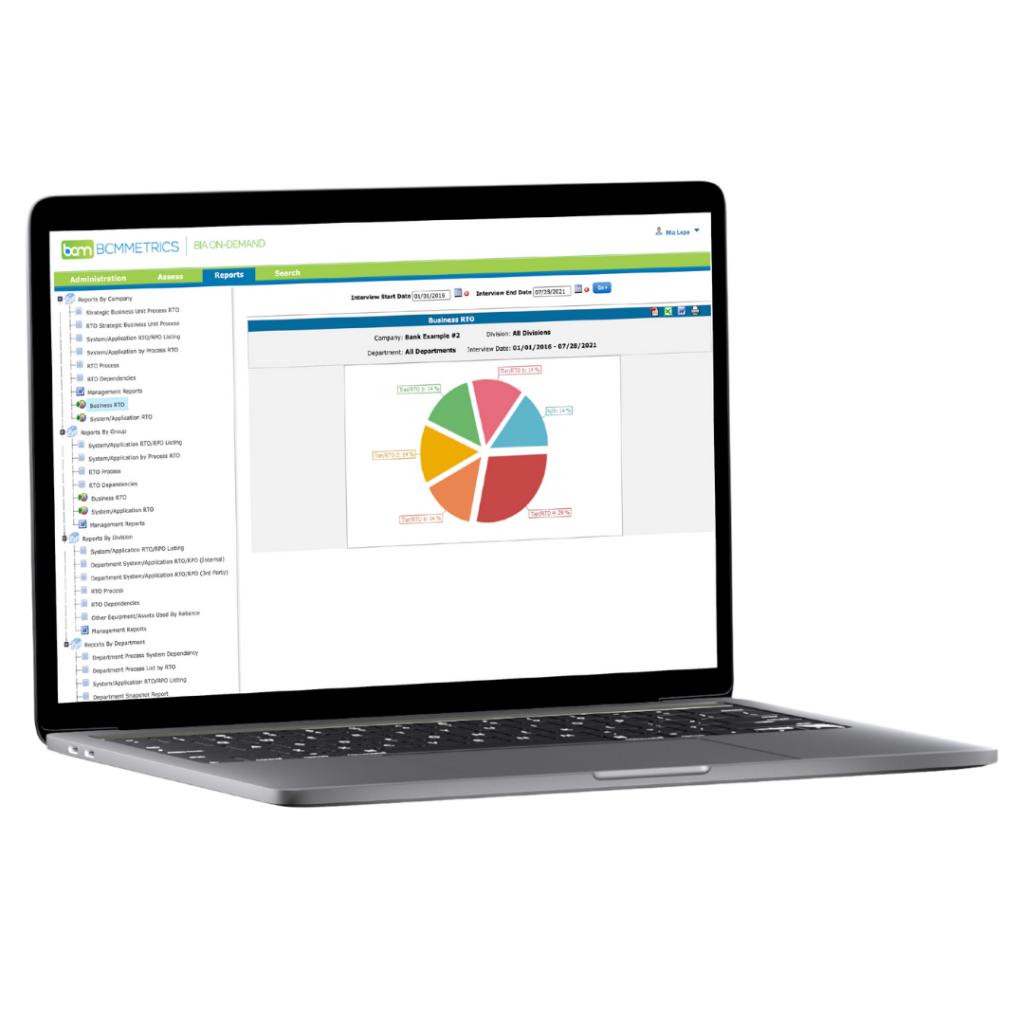Communicating During an Emergency Event

Effective communication can make or break your business during a crisis event. Learn what effectively communicating during an emergency event looks like.
We spend hours developing plans and strategies – preparing for possible emergency events that we hope will never happen. Many of our colleagues, and let’s be honest, even some of our management team, believe this planning is of little value. They feel that we only need the documentation to “check the box” for an audit. Your implied desire is to get this done as quickly as possible using as little resources as possible. We may fall into the trap of being influenced by those feelings, generating what seems like good documentation that, when looking deeper and more objectively, is really just a lot of words that may not be usable.
For this week’s blog, the functional item we are considering is communication. We all know that during an emergency event communication will be critical, and we understand the basic groups and type of information we must communicate. Though the items below may seem obvious, many do not take the time to ensure that the appropriate planning is in place. It’s important that you do not assume that everything will work when needed.
The Type of Information You May Communicate During an Emergency Event
- Status updates to internal groups to make decisions
- Status updates to internal groups to implement emergency plans or resume/continue business activities
- Information to media outlets
- Status updates to external groups to protect your brand
- Status updates to customers
When done effectively, this communication will help keep your business working as normally as possible, will limit the ability of others to control the narrative, and will prevent the dissemination of incorrect information.
Have you looked at your various communication strategies – internal, external, and crisis management – and identified the risks or potential gaps? In general, the technologies or methods you plan to use will be those you already use on a day-to-day basis. These include phone (VOIP or LAN), cell, email, SMS, social media, etc.
If your technologies are cloud-based, housed in a different location, or highly available, then they are assumed to be available during an emergency event. Any of those solutions are acceptable. If they do not meet this criteria, it is a major risk to your communication capability.
Typical Gaps:
- Do you have templates to use for the various forms of communication that may need to be provided?
- Developing these will take time and you can overlook important items. It is better to remove items than it is to risk forgetting important items.
- Do you have recommended timing for communications or a checklist of items to determine appropriate timing?
- In the middle of events, time can go by quickly. Before you even recognize it, hours have passed since the event started or since the last communication was sent. Remember, without information, individuals will make assumptions or develop their own conclusions with potentially limited information.
- Do you have a social media strategy or plan?
- In today’s world of instant communication, if you do not provide information, something you have no control over will show up on social media whether you want it or not.
- Do you have a policy for external communication by staff that includes social media? Is there a plan to remind staff of this policy?
- Most organizations have polices around external communication to vendors or media. People may not think that these policies apply to communicating over social media.
- Have you reviewed the implications for staff or emergency team members who may be remote or traveling? Will your plans/strategies allow for their effective participation?
Communication during an event is difficult to anticipate, train for, and exercise, but with some objective review of plans and strategies, you can minimize the impact of an emergency situation on your communication strategy.








